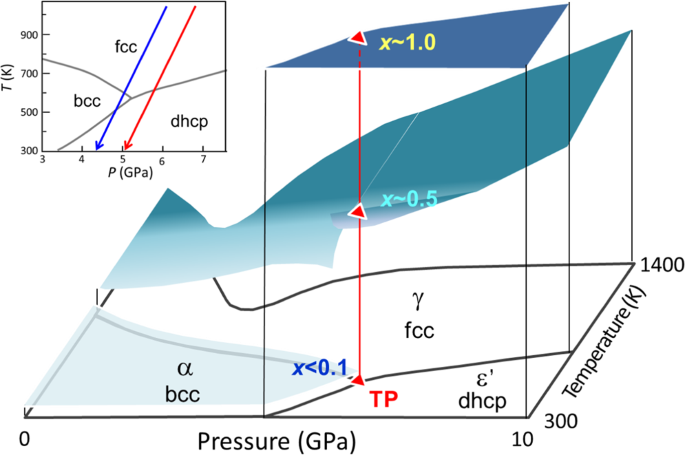- Select a language for the TTS:
- UK English Female
- UK English Male
- US English Female
- US English Male
- Australian Female
- Australian Male
- Language selected: (auto detect) - EN
Play all audios:
To the Editor: I totally agree with Tom Carroll that, as his Commentary title says, “Education Beats Incarceration” _(March 26, 2008)_. But Mr. Carroll apparently was not in an urban school
for 41 years as I was, and in his suggestions for better teaching as an incarceration alternative, he does not answer this threshhold question: What do we do with a child who is running
around the classroom, throwing objects, and disrupting instruction while 90 percent of the class are sitting at their desks ready to be taught? Mr. Carroll’s suggestions to give teachers
more support, encourage collaboration, prepare and hire highly qualified teachers, and provide them with clear career paths all represent good ideas. But they don’t answer the question, nor
do they deal directly with the problems involved in such situations. Short of permanently removing disruptive children from school, we might find a better course of action among the
following suggestions: 1. Place these disruptive children in another school until they are willing and able not to ruin the education of other children in their classes—and chase good
teachers out of their school districts. 2. Stop considering race in discipline decisions. If a child routinely disrupts the instruction of others, he or she must be sent to another school
for teaching and counseling, no matter what his or her race may be. The children whose educations are being compromised are almost always of the same race as those who do the disrupting. 3.
Most important, promote and maintain a philosophy that makes clear to communities that their schools are places where children go to learn and socialize with others in an atmosphere of
respect. They are not places that will tolerate extreme behavior. Teachers also should know their subjects, respect children, talk to parents, and answer questions from both students and
parents. But they should not have to put up with children who, every day, become the focus of their classes’ attention because of bad behavior. Good teachers do leave the profession (and in
particular high-need schools) because of these disruptive behaviors. And, even more important, the eager and receptive classmates of these out-of-bounds children may themselves be in danger
of giving up on their own education, and thus could add to the prison population. _Elliot Kotler_ _Ossining N.Y._ More letters to the editor.



:max_bytes(150000):strip_icc():focal(319x0:321x2)/people_social_image-60e0c8af9eb14624a5b55f2c29dbe25b.png)

:max_bytes(150000):strip_icc():focal(749x0:751x2)/milla-jovovich-1-1500-e408cd19b384420490511c8668705c5a.jpg)

:max_bytes(150000):strip_icc():focal(999x0:1001x2)/sheep-dog-2-6f67b67dd66b4387b10c5b2308c92eac.jpg)
:max_bytes(150000):strip_icc():focal(192x0:194x2)/001098751-1-671e96c73184432d9ea4e2664bac9876.jpg)
